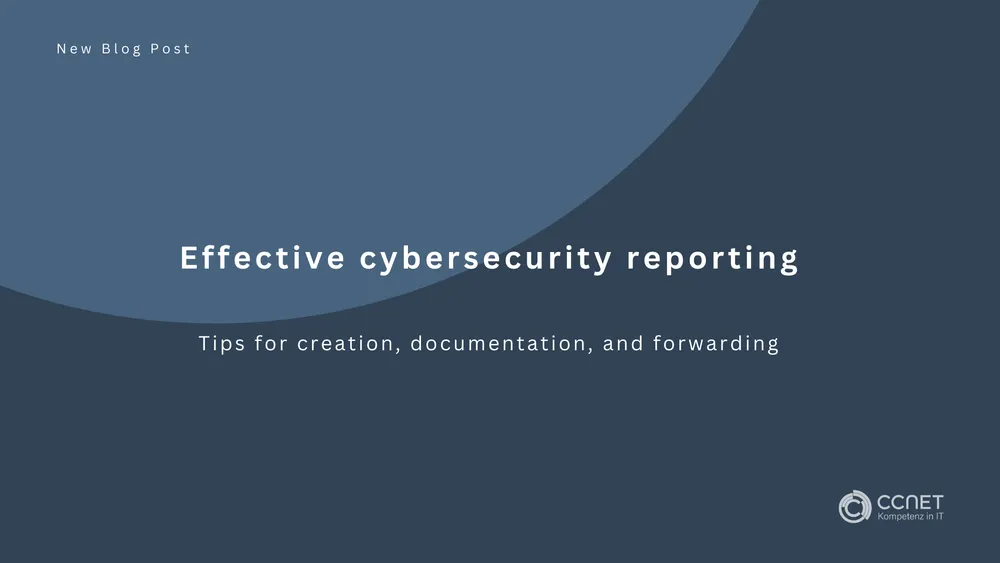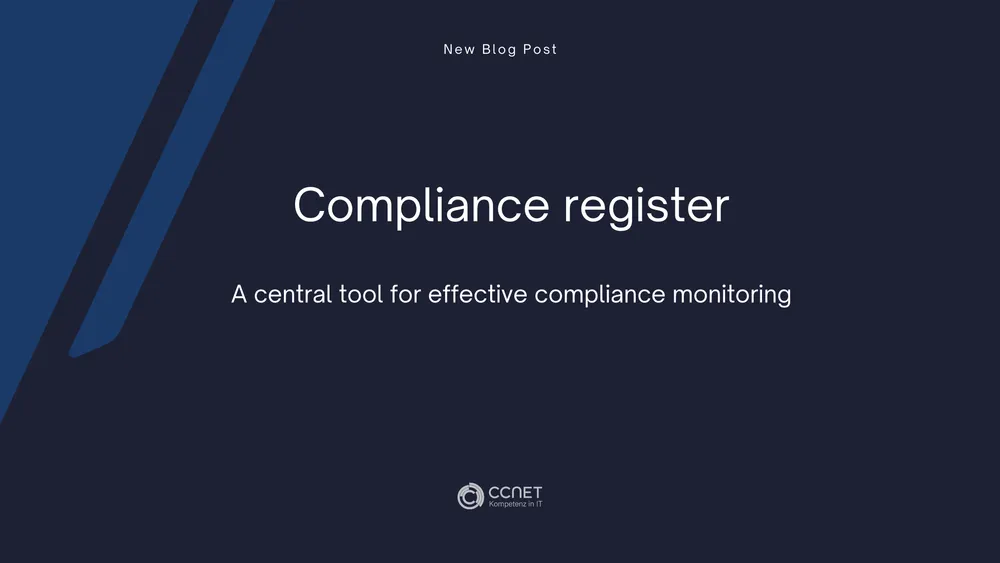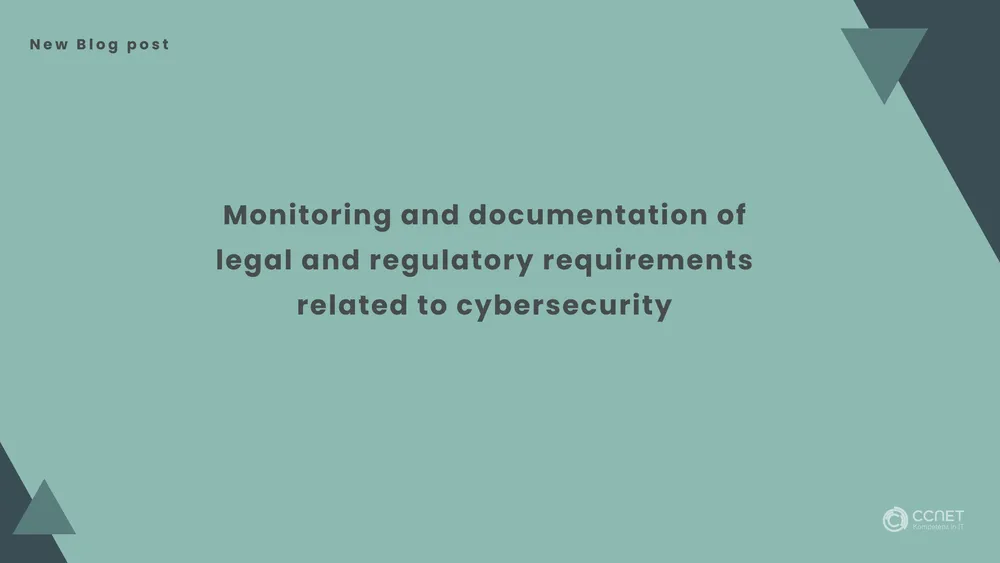
CCNet
Jan 19, 2024 • 2 min read

Committing to NIS2 Compliance in the Supply Chain: What You Need to Know as a Supplier
The NIS2 Directive (Network and Information Systems Directive 2) aims to strengthen cybersecurity in the EU and increase resilience to cyber threats. This policy covers companies and organizations classified as “essential service providers” as well as suppliers and service providers working for these service providers. But how does the classification of a customer in the NIS2 category affect suppliers and service providers? Can an NIS2 categorized customer require you as a supplier or service provider to meet NIS2 compliant security standards? In this article we will examine these questions in more detail.
Customer commitment in the NIS2 supply chain
Yes, your customer covered by the NIS2 directive can require you as a supplier or service provider to meet NIS2-compliant security standards. This is an important step in risk and supply chain management to ensure the security of digital infrastructure and data. This obligation is typically spelled out in contracts and may include specific cybersecurity measures, data handling and reporting procedures in the event of a security incident. The purpose of this commitment is to minimize the risk that vulnerabilities in the supply chain endanger the customer's security.
Practical examples
To illustrate the concept of customer commitment in the NIS2 supply chain, let's consider two examples:
1. IT sector: software supplier and security protocols
An NIS2 classified customer in the IT sector might require a software supplier to implement certain security protocols to ensure the integrity of their systems. This could include the introduction of multi-factor authentication procedures, regular security audits and monitoring of anomalies in the systems. These measures are intended to deter potential cyberattacks and protect the confidentiality and integrity of the customer's data.
2. Production industry: suppliers and safety requirements
In the manufacturing industry, an NIS2 rated customer might require a supplier to provide specific security requirements to improve overall security and compliance:
a) Secure manufacturing processes: An auto parts manufacturer must secure its manufacturing control systems to prevent cyberattacks that could disrupt the customer's production. This could include isolating production networks, regular security audits, and patching vulnerabilities.
b) Data encryption: A supplier of production machinery could be required to use strong encryption methods for data exchange to ensure the confidentiality of the information. This protects sensitive data from unauthorized access and data leaks.
c) Access Controls: An electronic components supplier must implement strict access controls to prevent unauthorized access to sensitive data. This can be achieved through the use of identity and access management systems.
Conclusion
Committing to NIS2 compliance in the supply chain is an important step to strengthen cybersecurity across the EU. Customers covered by the NIS2 Directive may need suppliers and service providers to take specific security measures to protect their systems and data. This helps minimize the risk of cyberattacks and security incidents and makes the EU's digital infrastructure more secure. Companies should therefore be aware of how the NIS2 Directive affects their supply chains and how they can ensure they meet the required security standards. It's crucial for companies to know how their involvement in the supply chain aligns with NIS2 requirements and to proactively implement necessary security measures to safeguard against potential cyber threats.


